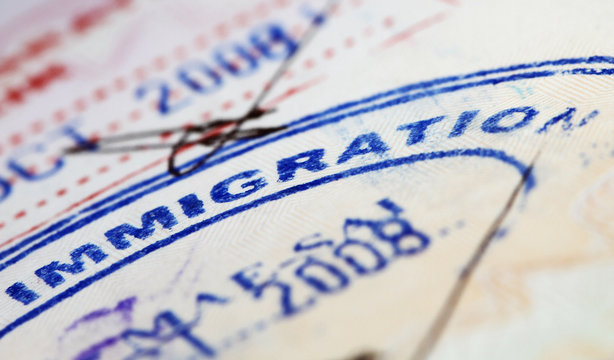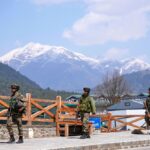Amid escalating tensions between India and Pakistan, India’s Ministry of External Affairs (MEA) announced on April 24 that certain Pakistani nationals will be exempt from the sweeping visa suspension imposed after the Pahalgam terror attack.
In a press release, the MEA clarified: “Reference Government of India’s decision (24 April 2025) to suspend visa services to Pakistani nationals. It is hereby clarified that the revocation of visas specified in the above decision does not apply to the Long Term Visas (LTVs) already issued to Hindu Pakistani nationals, which remain valid.”
India’s suspension of visa services followed a terror attack in the tourist town of Pahalgam, in Jammu and Kashmir, that left 26 civilians dead. The attack, described as the deadliest against tourists in India in nearly two decades, prompted an immediate diplomatic response from New Delhi.
“In the wake of the Pahalgam terror attack, the Government of India has decided to suspend visa services to Pakistani nationals with immediate effect,” the MEA said. “All Pakistani nationals currently in India must leave India before the expiry of visas, as now amended.”
Though diplomats are exempt from this order, their numbers were significantly reduced as part of India’s retaliatory measures.
Pakistan Responds, Tensions Mount
Pakistan responded swiftly by suspending all visa services for Indian nationals and ordering a drawdown of Indian diplomatic staff in Islamabad. Both countries also issued strong statements blaming the other for deteriorating ties and regional instability.
India’s Prime Minister Narendra Modi condemned the Pahalgam attack, vowing justice and holding Pakistan responsible for “cross-border terrorism.”
“I say to the whole world: India will identify, track and punish every terrorist and their backer. We will pursue them to the ends of the Earth,” he declared.
Pakistan has denied any involvement in the attack, but the Indian government continues to link the violence to Islamabad’s alleged support of militants.
UN Calls for Restraint as Protests Erupt
The United Nations has urged both nations to exercise “maximum restraint.”
“We very much appeal to both the governments… to ensure that the situation and the developments we’ve seen do not deteriorate any further,” UN spokesman Stephane Dujarric said.
Meanwhile, public outrage in Pakistan led to mass protests, with demonstrators in cities including Muzaffarabad and Balochistan accusing India of using water threats and military drills as intimidation.
Escalation Beyond Visas
India also announced the suspension of the Indus Waters Treaty, a decades-old agreement critical to water sharing between the two countries. In retaliation, Pakistan halted work on a controversial canals project and warned of potential escalation.
While the diplomatic relationship between the nuclear-armed neighbors continues to spiral, India’s clarification on Long Term Visas for Hindu Pakistani nationals offers a narrow window of relief amid a wave of visa suspensions and diplomatic expulsions. The situation remains volatile, with both governments under increasing pressure to balance national security with international expectations for peace.






